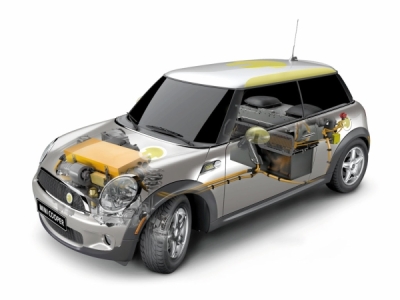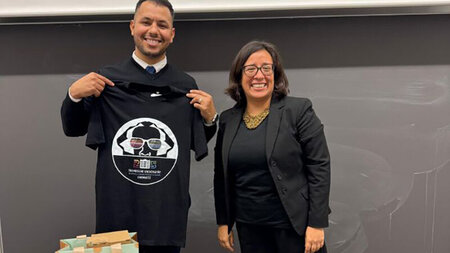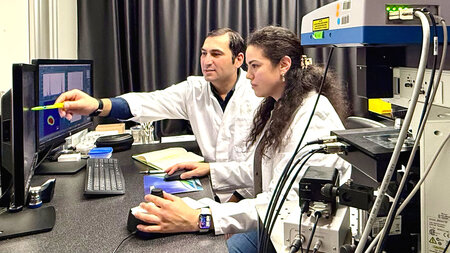MINI E Berlin - powered by Vattenfall
Project Partners
Funding:

Federal Environment Ministry (BMU)
Topic:
 Reduction of greenhouse gas emissions and the expansion of renewable energies are crucial challenges for the future. These topics arise from the decreasing accessibility of energy resources, which are decisive for the maintenance of mobility. The project “MINI E Berlin – powered by Vattenfall” pools political, industrial and scientific efforts to find sustainable ways not relying on fossil fuels in everyday traffic. Especially electric cars and their consistent further development play a key role in this process.
Reduction of greenhouse gas emissions and the expansion of renewable energies are crucial challenges for the future. These topics arise from the decreasing accessibility of energy resources, which are decisive for the maintenance of mobility. The project “MINI E Berlin – powered by Vattenfall” pools political, industrial and scientific efforts to find sustainable ways not relying on fossil fuels in everyday traffic. Especially electric cars and their consistent further development play a key role in this process.
In a field study over a year’s time making use of 50 electric cars, the project “MINI E Berlin – powered by Vattenfall” examines the suitability of these cars for daily use and costumers’ acceptance. Objective measures are e.g. the mileage, life- and load cycles, and data of trips. These data are supplemented by the user’s subjective ratings of the system’s usability and their attitudes towards environment and mobility.
Focus areas of the chair of Cognitive & Engineering Psychology within the project “MINI E Berlin – powered by Vattenfall”:
- Elicitation of user expectations and experiences, user behaviours in dealing with electric mobility (concerning an estimation how this will affect energy provision, infrastructure, and demands for electro mobility concepts)
- Identification of strengths and weaknesses regarding the usage of electric cars as well as usage of and change to other means of transportation
- Determination and quantification of factors influencing the acceptance of electric cars related to renewable energies
- Collection of personal perceptions of and feedback to electric cars
- Identification of adjusting levers and potentials for market launch and penetration




